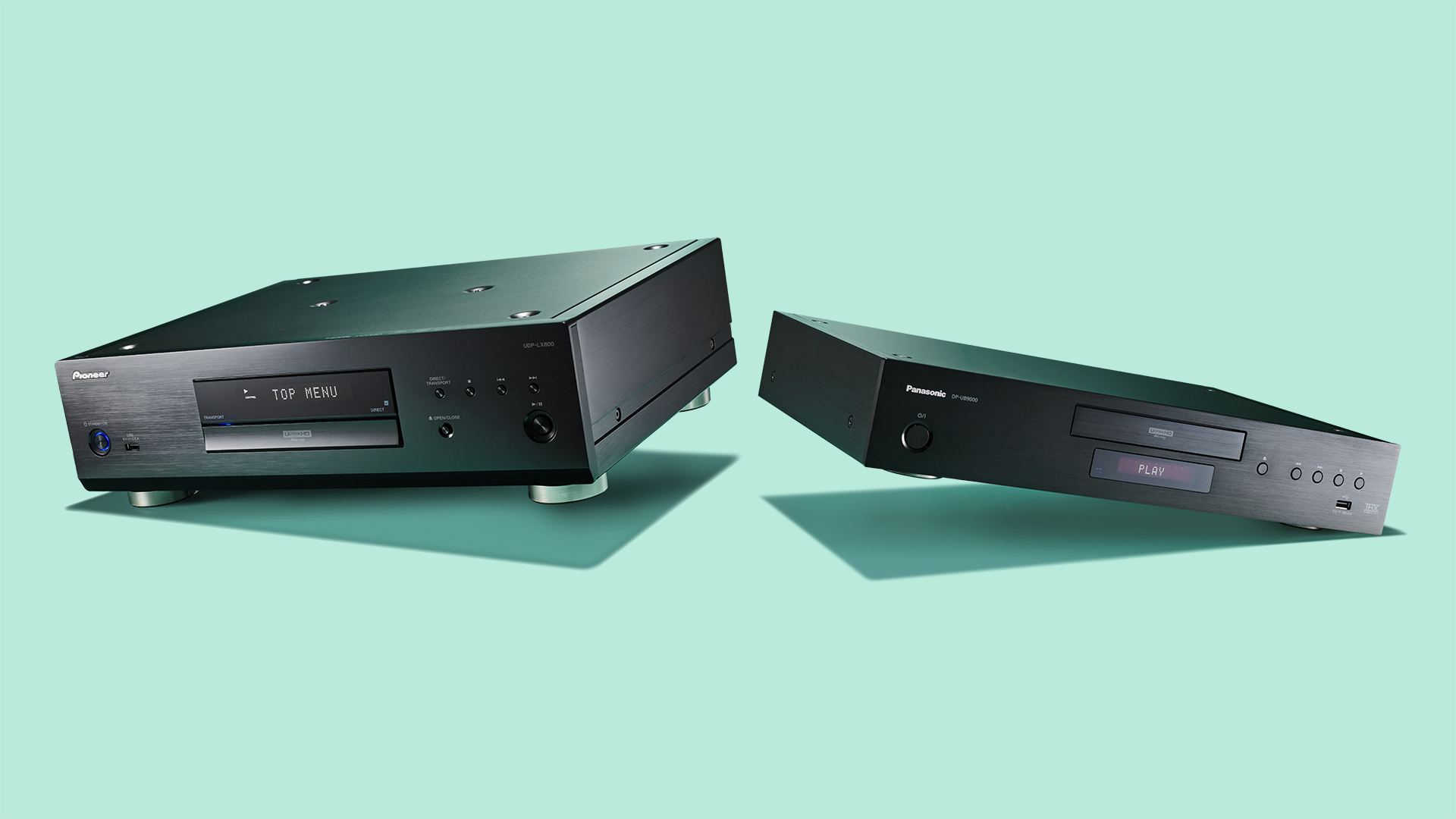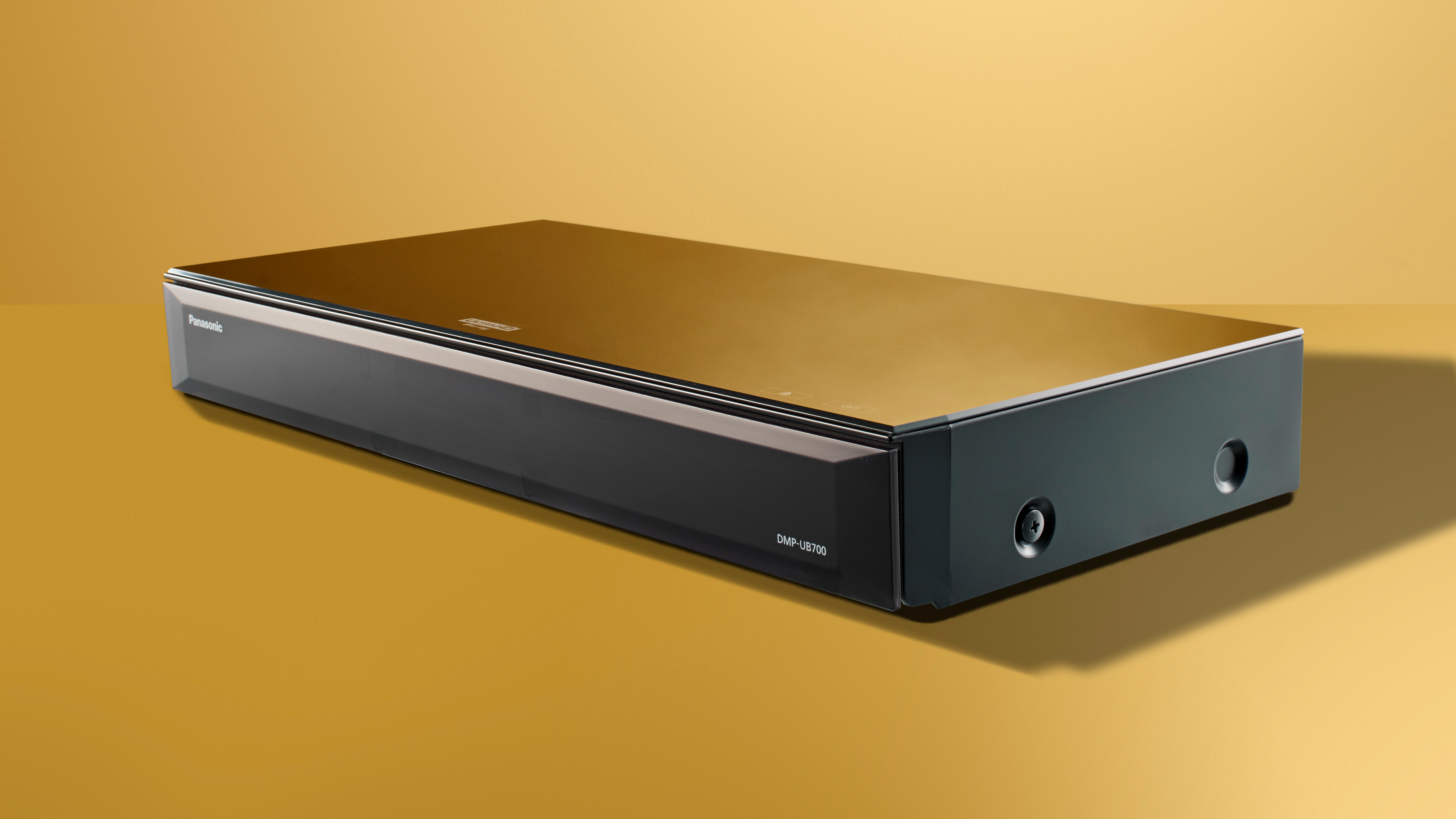Is it still worth buying movies on 4K Blu-ray?

With streaming reigning supreme, has the time finally come to eject the Blu-ray disc from our lives? Is there a good reason to buy one of the best 4K Blu-ray players these days?
There’s no doubt that the vast majority of movie purchases now come from digital download & keep sales. Between that, and the ubiquity of streaming services, you might be forgiven for thinking that physical media is, if not yet obsolete, then at least easing into retirement. But this couldn’t be further from the truth. When it comes to film ownership, people still love physical discs for a bunch of reasons.
4K and regular Blu-rays– and even old school DVDs – still sell in big numbers and are crucial to the home entertainment success of movies.
4K Blu-ray discs vs streaming: availability
When it comes to convenience and value, streaming services can’t be beaten. A fixed fee, coupled with a constant flow of content to watch, is irresistible.
The catch is that content on many streaming services is largely transitory. Unless it’s an original production, the rights to show it will lapse, and titles come and go from these services. If you’ve been planning on catching up with Lady Bird or The Exorcist at the weekend, you might have just missed your chance. If there's a film you want to see, a disc guarantees your ability to watch it.
And then there’s the allure of special editions and restorations. Sure the bulk of your viewing may be streams or downloads, but a limited-edition disc release in deluxe packaging, or a fancy steelbook, still holds enormous appeal.
And if you’re serious about movies, the work of specialist archival labels like Indicator and 88 Films holds enormous appeal. These labels invest a huge amount of time and money in locating obscure prints or films, and lavishing them with 4K restorations, plus all-new supplemental interviews and commentaries. You'll only find these features on these discs, and in some cases it might be the only way you can watch the 4K HDR version of these movies – that's true of cult classic Tremors, for example.
Sign up for breaking news, reviews, opinion, top tech deals, and more.
The costs of restoring these films means that the premium price of 4K Blu-rays is really the only way they can pay for themselves, so if we want to avoid great older films being lost to obscurity, 4K Blu-rays remain vital.
If your jam is obscure Italian Giallo thrillers, Hong Kong martial arts movies or grindhouse horrors, discs will scratch your collectors itch far better than any of the main streaming services.

4K Blu-rays deliver better picture and sound
The question of disc quality versus streaming is currently pretty clear-cut, but the future is less certain.
Blu-ray, be it 4K or HD, offers a consistent experience. You’ll generally be seeing the best a movie can look every time you hit play, and your experience won’t be tempered by unpredictable network speeds or adaptive streaming.
Most streaming services recommend 15Mbps for a decent 4K picture, so your connection needs to consistently above that. However, data pours from a disc at a much higher rate than any streaming service can offer – up to 128Mpbs, so nearly 10 times higher, potentially.
Consequently, images have more detail and exhibit more texture despite being the same resolution. This is because there's less compression of the data, so more information can be devoted to each pixel, which means a disc can store more subtlety in colors, or display more natural sharpness.
Long story short: disc replay has the edge over streaming. But (but, but, but…) in the real world the differences can be subtle, and less than obvious, depending on the size and quality of your TV. The best TVs all apply a degree of processing to picture anyway, so it's not just about how the disc/stream looks anyway. And you're way less likely to notice the imperfections from streaming on something more compact such as one of the best 40-inch TVs, than you are on something huge like one of the best 75-inch TVs.
If you have a big-screen 4K projector setup, you’ll probably prefer the clarity of discs, because there's nowhere for any picture issues to hide – although again the gap isn’t enormous, and the price premium you’ll pay for the experience could dim your enthusiasm for discs.
So yes, Blu-ray is better, but not by so much that they're essential for everyone – and for how long will it boast the edge?
Blu-ray disc quality, the entire encode/decode process, is set – but streaming continues to evolve. The likes of Netflix and Amazon have control over both the encode process and the rendering app, and their product is constantly improving. Sony and Samsung have both worked on next-gen streaming tech to build into their TVs directly to match or beat what 4K Blu-ray can do. Streaming will be able to catch up, if the services choose to support it.
When it comes to audio, both discs and streaming services offer Dolby Atmos and can claim the immersive audio high ground. Dolby Atmos is delivered from disc in a True HD container (meaning that's delivered in lossless quality), while streaming services use an advanced Dolby Digital Plus wrapper (which uses lossy compression). We could toddle off down a lossy versus lossless rabbit hole, but life’s too short.
If you’re listening on one of the best soundbars, you’re unlikely to notice the difference. And there are anomalies too. Disney’s Immersive Atmos Blu-ray mixes are often curiously un-dynamic, but shows on Disney+ can sound more expansive. Dolby Atmos on Apple TV+ is even better – so go figure. It’s not black and white.
4K Blu-rays have a place, no question
If this little discourse tells us anything, it’s that both Blu-ray (4K and HD) discs and streaming have an important role to play in any home entertainment system. The value and quality available from the likes of Prime Video, Netflix and Disney+ will satisfy most, but Blu-ray remains the ultimate AV collectible, and using it to support the films you love most makes a vital financial contribution in an age where creative work is becoming undervalued.

Steve has been writing about AV and home cinema since the dawn of time, or more accurately, since the glory days of VHS and Betamax. He has strong opinions on the latest TV technology, Hi-Fi and Blu-ray/media players, and likes nothing better than to crank up his ludicrously powerful home theatre system to binge-watch TV shows.